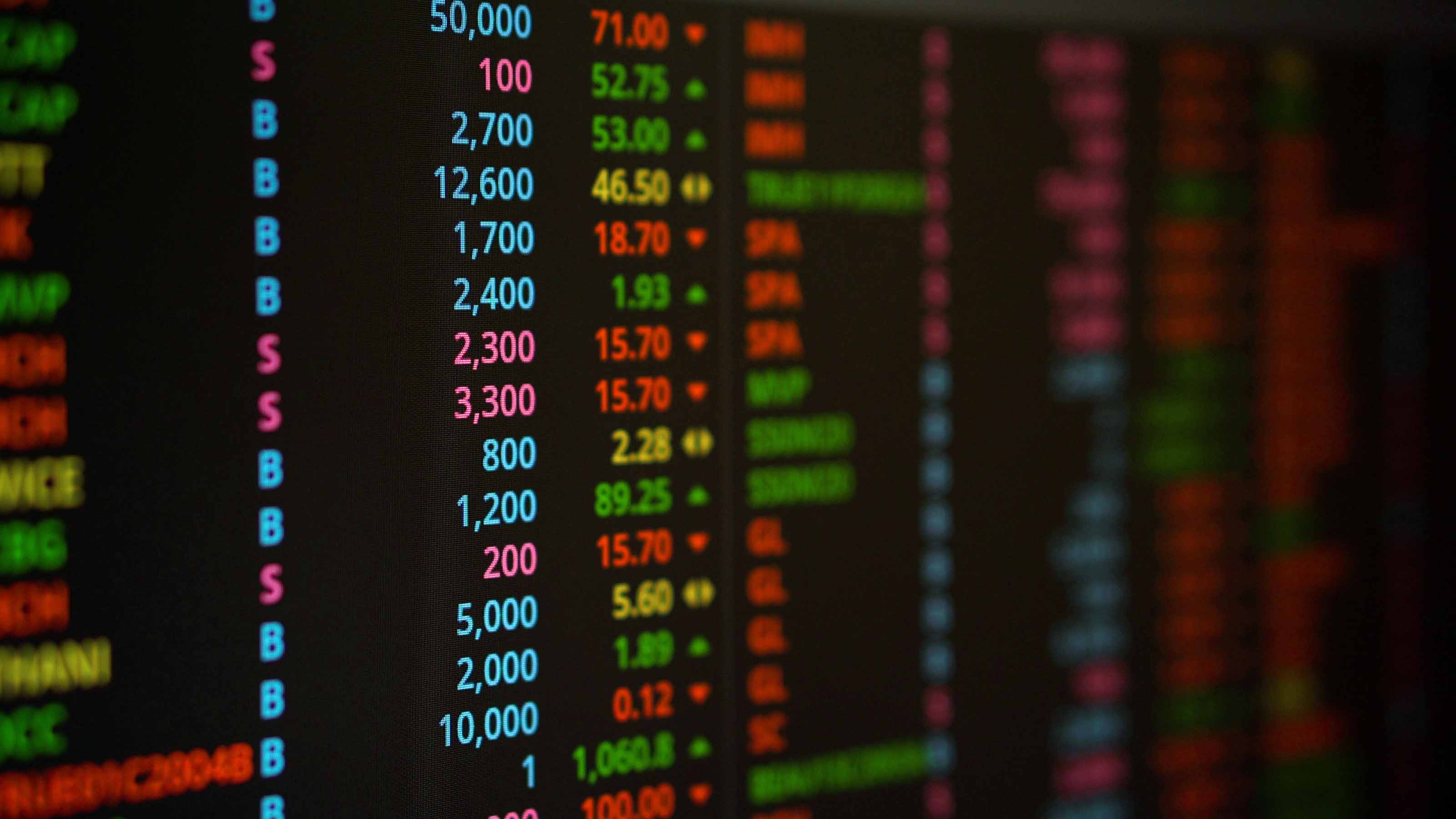
Weakness in the tech sector and strength in healthcare stocks resulted in a mixed finish for the major indexes Wednesday.
It's already been a shaky week for stocks as recent economic data elevated worries about a potential recession this year. The latest signs of potential trouble came in the form of this morning's jobs and services sector data, both of which suggested slowing economic growth.
First up was data from ADP that showed the private sector added 145,000 jobs in March – below the 261,000 increase in February and lower than what economists were expecting. This follows yesterday's weaker-than-expected job openings figures and comes ahead of Friday's highly anticipated nonfarm payrolls report.
"Slower employment growth in the ADP report reinforces the signal from the big drop in job openings reported yesterday," says Bill Adams, chief economist for Comerica Bank. "The labor market is getting less tight. This is one of the Fed's conditions for pausing its interest rate hiking campaign, but the Fed also wants to see core inflation slow more." This latest batch of economic data makes the next CPI report – due out next Wednesday morning – even more highly anticipated than usual.
Meanwhile, the Institute for Supply Management (ISM) said its services sector index, which measures business activity across several industries including healthcare, food services and retail, fell to 51.2% in March from February's 55.1%. While readings above 50% show that the services sector is still in expansion territory, its rate of growth slowed more than expected.
"Although this can be a noisy indicator, it may be a sign that the Fed's tightening gained traction against the resilient service sector last month," says Jonathan Millar, economist at Barclays. "Input prices also slowed, consistent with moderating cost pressures."
Shifting to single-stock news, C3.ai (AI) shares plunged 15.5% after noted short seller Kerrisdale Capital Management accused the artificial intelligence software company of irregularities in its accounting and disclosure procedures. Nvidia (NVDA) was another one of Wall Street's top AI stocks that struggled Wednesday, shedding 2.1% after Alphabet's (GOOGL, -0.2%) Google said its new supercomputer outperforms Nvidia-based systems.
While these losses resulted in technology (-1.2%) being one of the worst sectors today, healthcare (+1.8%) was one of the best on solid gains for Johnson & Johnson (JNJ). The Dow stock rose 4.5% after the pharmaceutical company said it will pay $8.9 billion to settle lawsuits alleging that the talc in its baby powder is carcinogenic.
At the close, the blue chip Dow Jones Industrial Average was up 0.2% at 33,482. The broader S&P 500 slipped 0.3% to 4,090, and the tech-heavy Nasdaq Composite fell 1.1% to 11,996.
As a reminder, it's a short week for investors, with the stock market closed for Good Friday.
Wall Street's best cash cows
We often talk about the importance of investing in quality companies during periods of market turmoil – and for good reason. "What we are telling our clients is that higher quality companies – those with strong balance sheets that can make it through a recession, are profitable and have sustainable business models – will be rewarded over the full [economic] cycle," says Chris Zaccarelli, chief investment officer for Independent Advisor Alliance.
True, they won't go up as much as speculative stocks, and they might fall more than safer plays like utility stocks or consumer staples stocks when a recession finally hits, Zaccarelli adds. But over the next three years, the strategist believes "they will be the highest total returning opportunities."
Some of the highest-quality companies can be found among Wall Street's top cash cows – or those firms that have loads of money leftover after covering costs, capital expenditures and financial commitments. Firms with ample amounts of cash on their balance sheets often find themselves among Wall Street's best dividend stocks or those that reward shareholders with generous stock buybacks. They also tend to generate long-term value for investors.







